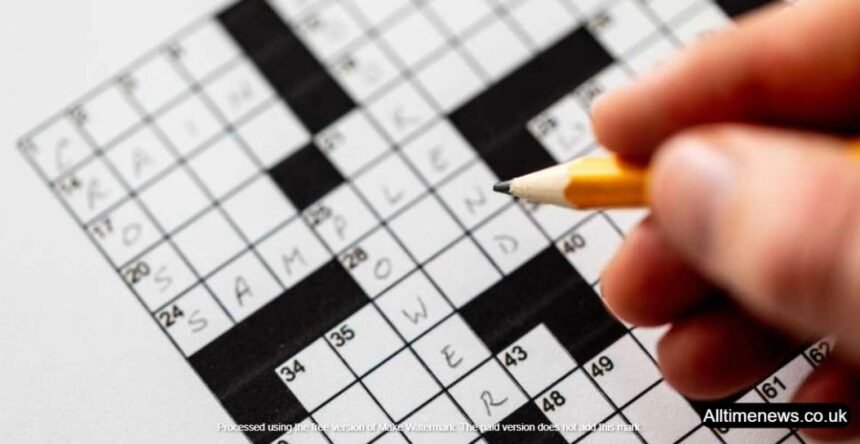Introduction to the New York Times Crossword
The New York Times Crossword is celebrated for its intricate clues and diverse range of topics. It challenges solvers to think critically and engage with a variety of subjects. One such intriguing clue that has caught many solvers’ attention is “Cravat.” This clue points to a term associated with a classic piece of clothing that has historical significance.
The Clue: Cravat
The clue “Cravat” refers to a type of neckwear worn historically, often associated with formal attire. The answer refers to a piece of clothing that wraps around the neck, often worn as part of formal or historical attire.
Possible Answer
ASCOT: This term fits the clue as it refers to a type of cravat that is a formal necktie, often worn with a morning suit or other formal wear. The ascot is a classic piece of neckwear that represents the cravat in a more modern context.
You may also like
- Parsley in Spanish NYT Clue & Answer
- Light Purple NYT Clue & Answer
- Drudgery 7 Little Words Clue & Answer
- Christmas Scene NYT Clue & Answer
- Vim and Vigor NYT Clue & Answer
Joy of Wordplay in Crosswords
Clues like “Cravat” that lead to answers such as “ascot” illustrate the rich history and evolution of fashion terms within crosswords. Solving these clues not only challenges solvers but also introduces them to historical and cultural references.
Crosswords often blend historical context with wordplay, making the solving experience both educational and enjoyable. Recognizing these connections enhances the overall crossword experience.
Tips for Solving NYT Crossword Clues
- Consider historical context: Some clues refer to historical or traditional items.
- Think about synonyms: The answer might be a more specific term related to the clue.
- Check letter intersections: Use the letters from crossing words to help verify potential answers.
Conclusion
The clue “Cravat” leads to the answer “ASCOT,” reflecting a historical piece of neckwear with a modern counterpart. Such clues enrich the solving experience by combining historical knowledge with wordplay, offering both challenge and learning opportunities.
